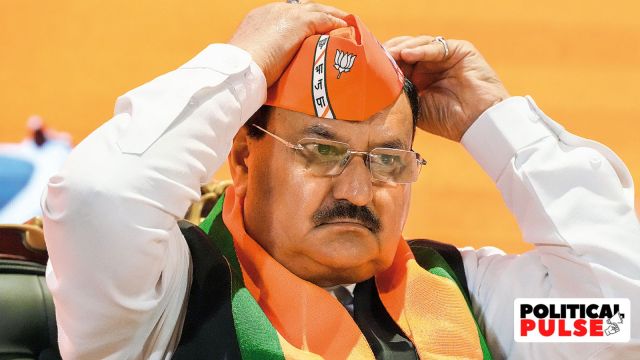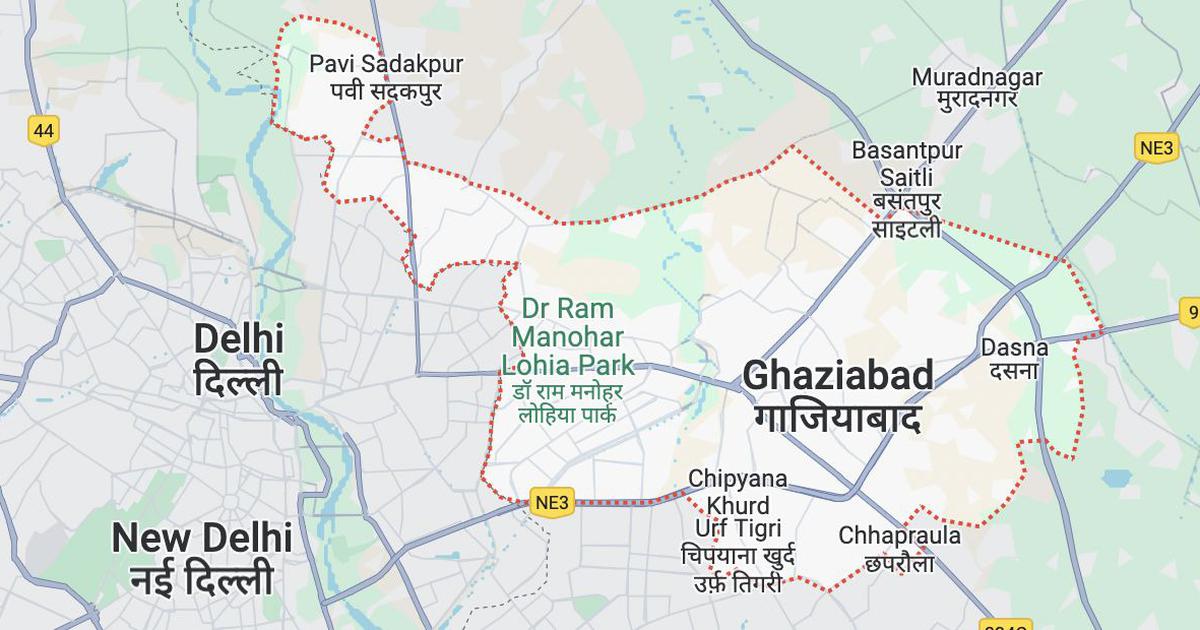
After hearing several eminent lawyers and civil society leaders recently speak about the Power of Law, I am tempted to share a few thoughts of my own. For starters, I am not a lawyer, but merely an activist who has been working for the welfare of marginalized communities in India for over three decades. I have not sued anyone, nor have I ever been sued until recently.
But what I have observed in recent years is how BJP’s ascent in Delhi has dramatically shifted the ‘Power of Law’ from a positive force for good to become a major threat to the fundamental rights of citizens. Let me first take the case of the four landmark progressive legislation passed in recent years under the UPA government, with considerable personal push by Sonia Gandhi and her National Advisory Council (NAC). Each one of them was developed with input from the grassroots and designed to serve ordinary citizens and marginalized communities. But all of them are now being eviscerated under the Modi rule.
- The Mahatma Gandhi National Rural Employment Guarantee Act 2005 (MGNREGA): BJP’s antipathy towards this world-recognized safety net scheme is widely known. With consistently low allocations, wages unpaid for months to poor workers who need to eat what they earn, etc., the only reason that the Act has survived is the Modi government’s electoral compulsions in rural districts. But that may not last for long. As BJP’s Rural Development Minister said in 2019, they do not plan to continue the scheme forever, as they expect to “eradicate poverty”! Alas, we have all seen what the last few years have actually done to India’s economy and to the poor.
- The Right to Information Act 2005 (RTI): Efforts to dilute this unprecedented legislation started even under the UPA government and were led by disgruntled bureaucrats who found it a threat to their own dominion. The BJP, in its own typically underhanded way, is looking to gain total control over the appointment of Information Commissioners, who are the key to effective implementation of the law. Such power as well as deliberate delays in appointments give them the ability to gut the law without ever seeming to oppose it! That said, the gravest blow to the RTI Act is that the BJP government has placed donations to political parties as well as the massive PM Cares donations outside its purview.
- The Right to Education Act 2009 (RTE): This law, for the most part, is not being challenged by the BJP; however, its new National Education Policy (NEP) is overshadowing the RTE. The NEP features many populist ideas, such as flexible school exams, merging regulatory agencies, reducing the number of university designations, etc. But behind those ideas, it also has all the ingredients to allow the Modi government to monopolize the entire field of education and to reshape it to its Hindu nationalist agenda. This is a dream come true for the larger Sangh family, whose earlier attempts to interject its agenda in school textbooks in India as well as in California had failed.
- The National Food Security Act 2013 (NFSA): This Act was designed to provide a lifeline to the poor, by guaranteeing highly subsidized grain and free meals to school children. It turned out to be a godsend in the wake of the government’s disastrous demonetization program during its first term as well as the ill-planned COVID lockdown in its second term, both of which hit the most vulnerable populations the most. Thanks to the NFSA, it ensured guarantees of highly subsidized grains to 800 million people and free meals to 300 million schoolchildren. This law too is being neglected today by low allocations and disinterested implementation.
- Then, there is also the national ID program, Aadhaar, initiated by the UPA regime. I personally supported and volunteered for the project, with the expectation that it would bring in millions of poor into safety net programs. But my support was always contingent upon the enactment of a robust data privacy law along the lines of the one by the European Union. During BJP’s first term, Arun Jaitley did make an effort towards a privacy law, and the Supreme Court also ruled that privacy was a fundamental right of citizens.
However, the current government has not demonstrated any commitment to respecting the privacy of citizens. There is now a real danger that Aadhaar will become yet another powerful tool in its hands as an extension of its discriminatory citizenship laws.
The name Aadhaar was adopted by the government at my suggestion when I worked for the project. I continued to support the project for several years after I left the organization and I continued to push back on civil society opponents as alarmists. But today, with Aadhaar in the hands of an authoritarian regime, their ‘nightmare scenarios’ may be coming true.
In a nutshell, five powerful laws, all with the potential to do good for the common person, now facing an uncertain future under Modi.
Real ‘Achievements’
Apart from gutting progressive laws, what has been the Modi government’s real ‘achievements’ in the legislative/legal arena?
Three examples come to my mind:
- The Citizenship Amendment Act (CAA), which blatantly discriminates against Muslims, and, combined with the National Register of Citizens (NRC), has the potential to disenfranchise millions of genuine citizens.
- The Unlawful Activities Prevention Act (UAPA), designed originally to curb cross-border terrorism, now retooled to give the government the ability to name any of its critics or protesters as a terrorist. Hundreds of innocent citizens are now in jail for crimes they did not commit and statements that they did not make, but the UAPA gives them no immediate chance for bail or to prove their innocence in a court of law.
- And, the hugely unpopular Farm Laws, which were opposed by millions of farmers who genuinely feared corporate take-over as has happened in the U.S. and other Western countries. Their year-long protests, with over 700 deaths, finally forced the Modi government to withdraw those laws recently.
All three of these draconian laws were passed with virtually no consultations and no debates and were ram-rodded through a brute majority in the Parliament.
On the whole, the Modi government’s scorecard on the legislative and legal fronts has been retrogressive, unconstitutional, and anti-democratic. They have not only blunted the ‘Power of Law’ to do good, but they are also attempting to turn the entire justice system on its head to serve the calls of a majoritarian/authoritarian Hindu Rashtra.
This story first appeared on americankahani.com






